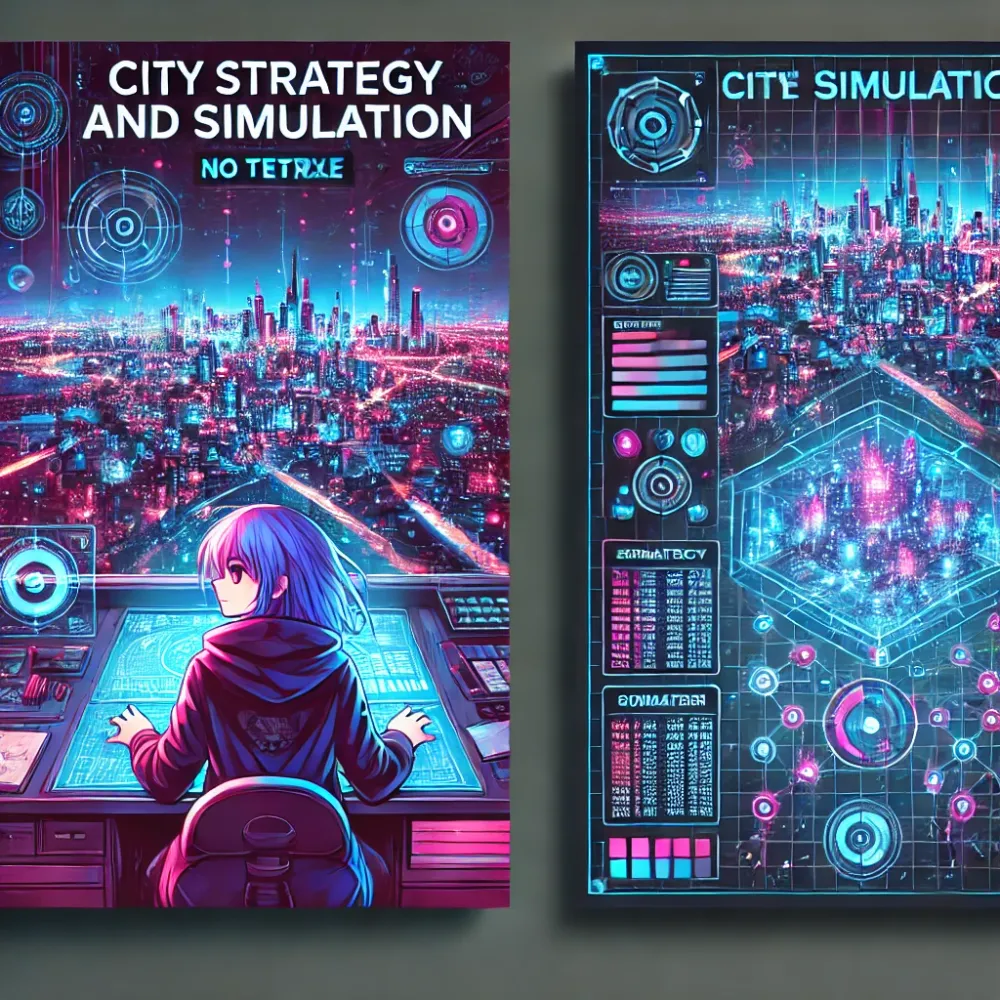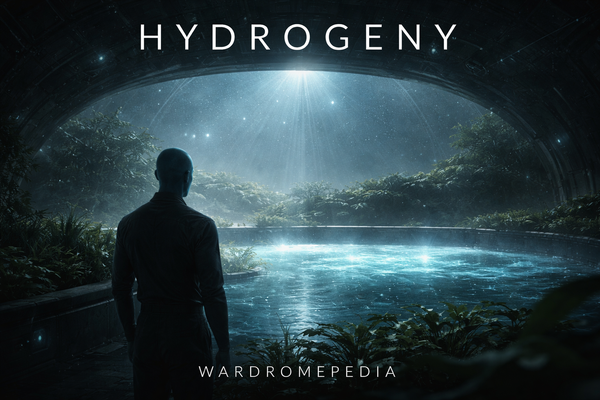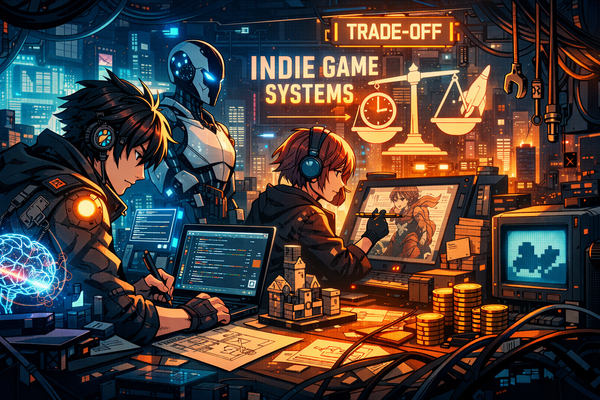From strategy to simulation: How indie games create Genre-Bending experiences
In recent years, indie developers have been leading the charge in creating games that defy traditional genre boundaries. By blending elements from strategy and simulation genres, these developers are introducing players to unique, immersive experiences that challenge conventional gameplay norms. Unlike AAA studios, indie developers often prioritize innovation and creative risk-taking, giving rise to games that don’t fit neatly into predefined categories. This approach to genre-bending is breathing new life into the indie game landscape, attracting players who crave fresh, boundary-pushing gameplay.
Why Combine Strategy and Simulation?
The combination of strategy and simulation genres is particularly appealing because it encourages players to think critically while also allowing for a degree of creative control. Strategy games demand planning, resource management, and tactical thinking, while simulation games emphasize realistic, immersive experiences that let players control aspects of a virtual world. When combined, these genres empower players to make impactful decisions within highly interactive environments, creating a deep sense of engagement.
One example of this is Frostpunk, a city-building survival game where players manage a society in a frozen world. It combines strategic decision-making with simulation mechanics, requiring players to balance resource management, survival, and moral choices. The game’s success showcases the unique appeal of blending strategy and simulation in a way that gives players both agency and responsibility.
Popular Indie Games That Blend Strategy and Simulation
- RimWorld – In RimWorld, players are tasked with building and managing a colony on a distant planet. The game blends strategic planning with simulation by allowing players to influence the colony’s infrastructure, manage resources, and oversee the lives of individual characters. Each decision impacts the survival and morale of the colony, and an AI-driven storyteller introduces random events to keep the game dynamic.
- Factorio – Factorio challenges players to design and manage automated factories in a complex, resource-driven simulation. The game combines strategy with simulation by encouraging efficiency, resource optimization, and defense planning. This hybrid gameplay has resonated with players who enjoy both logical problem-solving and world-building.
- Cities: Skylines – Although Cities: Skylines primarily falls within the simulation genre, it includes strategic elements that elevate the gameplay experience. Players must balance the needs of their city’s population with the challenges of infrastructure management, economic planning, and environmental concerns. The game is a testament to how simulation games can incorporate strategic elements to provide a richer experience.
The Appeal of Genre-Bending Experiences
The allure of these genre-blending games lies in their ability to offer both structure and freedom. By combining strategy and simulation, indie developers give players a framework to explore their creativity while also challenging them to make meaningful choices. Games like Oxygen Not Included add to this appeal by incorporating survival mechanics, further enhancing the stakes of player decisions.
These hybrid experiences also appeal to a broad range of players. Fans of strategy games are drawn to the resource management and planning aspects, while simulation fans appreciate the freedom to shape a virtual world. For those who enjoy both, genre-blending games provide the best of both worlds.
Challenges in developing Genre-Bending games
Creating genre-bending games is not without its difficulties. Indie developers must carefully balance gameplay elements to ensure that the mechanics complement each other. This often involves extensive testing and iteration to avoid overwhelming the player with too many complex systems. For instance, in games like Banished, a city-building survival game, developers had to carefully balance resource scarcity with progression to maintain player engagement.
Despite the challenges, developers who succeed in creating genre-blending games can cultivate a loyal player base. The unique experiences offered by these games encourage player retention, as the layered mechanics provide replay value and new strategies for each playthrough.
Future of Genre-Bending in indie games
As indie game development continues to evolve, genre-blending is likely to remain a prominent trend. Advances in AI and procedural generation are making it easier for developers to create intricate simulations that respond dynamically to player input. This opens up new possibilities for hybrid genres that blend not only strategy and simulation but also elements of RPG, survival, and even puzzle mechanics.
Games like Surviving Mars, a sci-fi colony sim that mixes resource management with survival, hint at the potential for future indie games to explore new combinations. The ongoing experimentation with hybrid genres promises a rich landscape of innovative indie titles that challenge players and redefine gameplay expectations.




